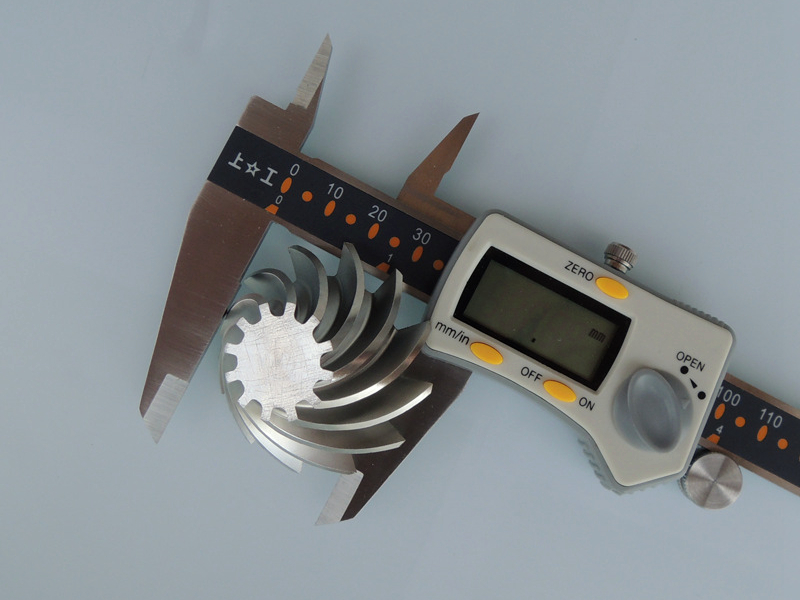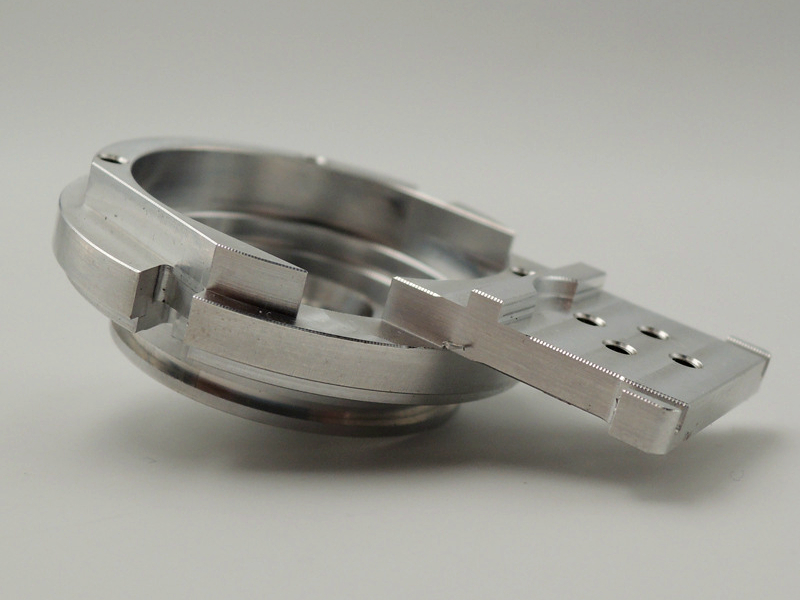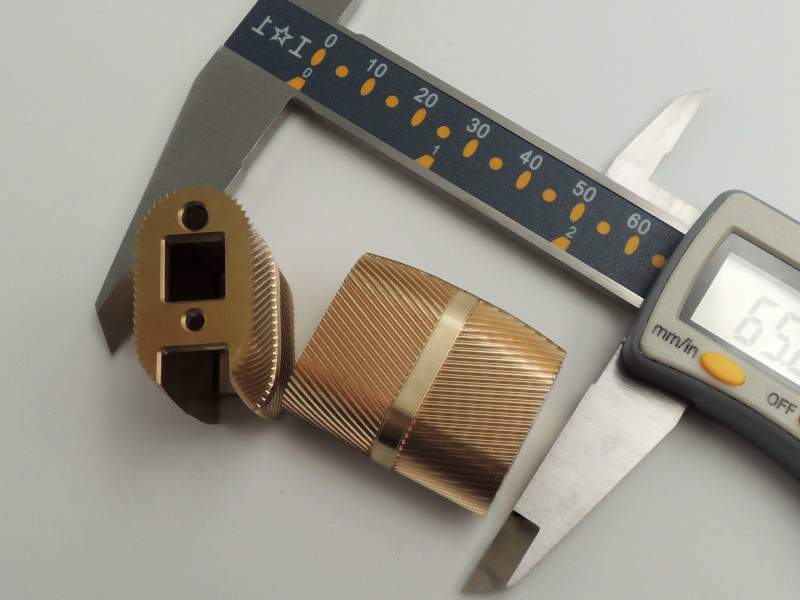Welche Toleranzen sind bei Metall- vs. Kunststoff-CNC-Teilen typisch erreichbar?
Allgemeiner Überblick über CNC-Bearbeitungstoleranzen
Die CNC-Bearbeitungstoleranzen hängen von der Materialstabilität, der Präzision des Bearbeitungsprozesses und von Umweltfaktoren wie Wärme und Feuchtigkeit ab. Obwohl CNC-Bearbeitungssysteme eine hohe Genauigkeit ermöglichen, unterscheiden sich die erreichbaren Toleranzen bei Metallen und Kunststoffen erheblich aufgrund ihrer mechanischen und thermischen Eigenschaften.
Toleranzen bei metallischen CNC-Teilen
Metalle sind dimensionsstabil und ermöglichen eine engere Toleranzkontrolle, selbst unter aggressiven Schneidbedingungen. Typische allgemeine Toleranzen für CNC-gefräste oder CNC-gedrehte Metallteile liegen bei ±0,05 mm. Mit Präzisionsverfahren wie der Mehrachsenbearbeitung oder der EDM-Bearbeitung (Funkenerosion) sind Toleranzen von bis zu ±0,005 mm für kritische Luft- und Raumfahrt- oder Medizinkomponenten erreichbar. Materialien wie Aluminium 7075, Edelstahl SUS304 und Titan Ti-6Al-4V gewährleisten eine hohe Maßhaltigkeit und geringe Wärmeausdehnung. Für komplexe, hitzebeständige Materialien wie Inconel 718 oder Hastelloy C-22 liegen die erreichbaren Toleranzen nach Temperatur- und Werkzeugabweichungskompensation bei etwa ±0,01–0,02 mm.
Toleranzen bei Kunststoff-CNC-Teilen
Kunststoffe neigen stärker zu Verformungen und temperaturbedingten Maßänderungen, daher sind die Toleranzen im Allgemeinen weiter gefasst. Für die meisten technischen Polymere, wie Acetal (POM), Nylon (PA) oder Polycarbonat (PC), beträgt die Standardtoleranz ±0,1 mm. Hochleistungsmaterialien wie PEEK und PTFE (Teflon) können unter kontrollierten Temperatur- und Feuchtigkeitsbedingungen Toleranzen von ±0,05 mm erreichen. Dennoch können thermische Ausdehnung während der Bearbeitung und Schrumpfung nach dem Abkühlen zu Abweichungen führen, die durch DFM (Design for Manufacturability) kompensiert werden, indem Schnittparameter und Spannvorrichtungen angepasst werden.
Rolle von DFM und Oberflächenbehandlung bei der Toleranzkontrolle
Sowohl bei der Metall- als auch bei der Kunststoffbearbeitung beruhen Präzisionsbearbeitungsdienste auf DFM-Prinzipien, um realistische Toleranzziele festzulegen. DFM stellt sicher, dass Geometrie, Wandstärke und Werkzeugzugang optimiert werden, um Durchbiegung und Spannungsaufbau zu minimieren. Nach der Bearbeitung werden Nachbearbeitungsverfahren wie Elektropolieren bei Metallen oder Oberflächenbehandlungen für Kunststoffe integriert, um die Oberflächenqualität zu verbessern, ohne die Maße zu beeinträchtigen.
Branchenspezifische Erwartungen
In der Luft- und Raumfahrtindustrie sowie der Medizintechnik werden Metallteile routinemäßig mit Toleranzen von ±0,01 mm für strukturelle und biokompatible Komponenten hergestellt. Automobilteile, die Kosten und Skalierbarkeit ausbalancieren, haben typischerweise Toleranzen von ±0,05 mm für Metalle und ±0,1 mm für Kunststoffe. Konsumgüter und Industrieprodukte akzeptieren größere Toleranzen, wenn die ästhetische Passform gegenüber der Präzision Vorrang hat.



